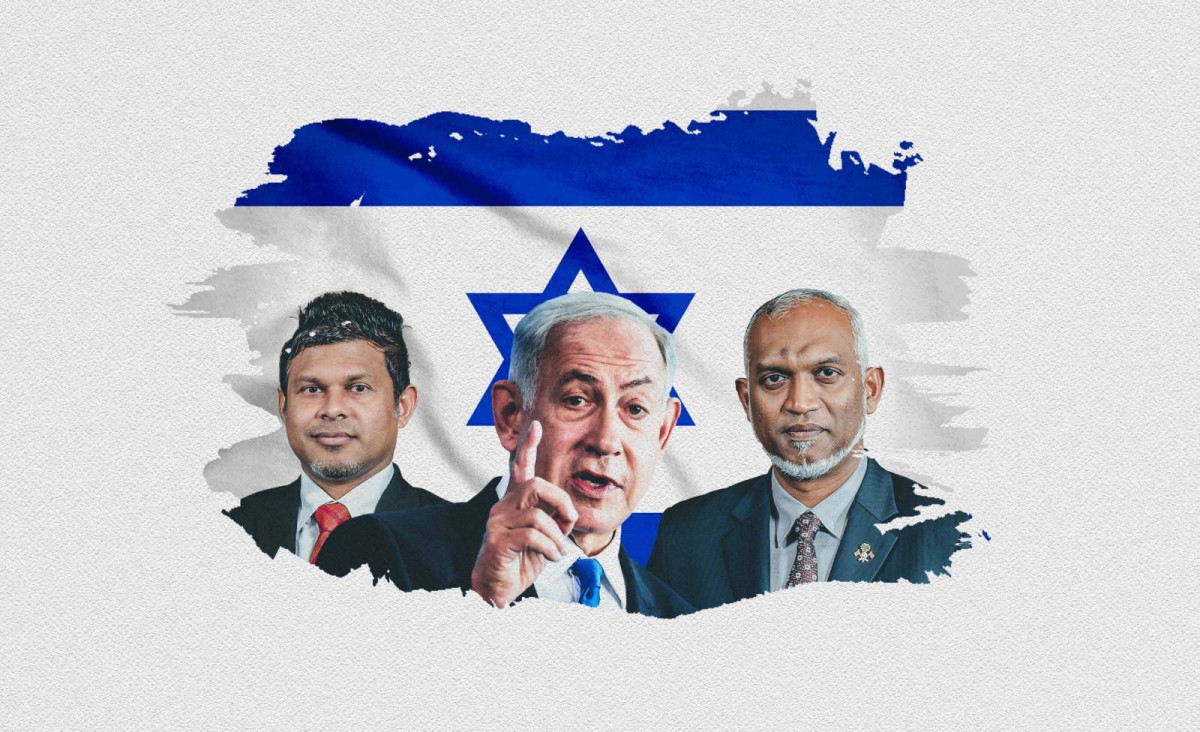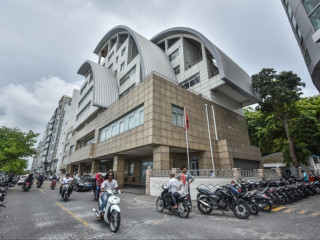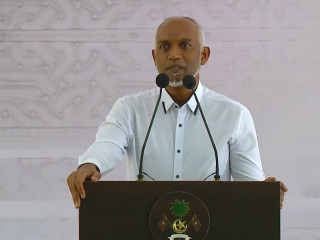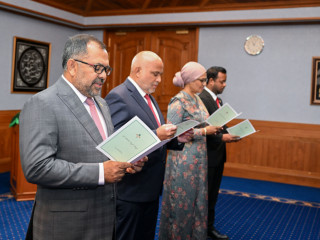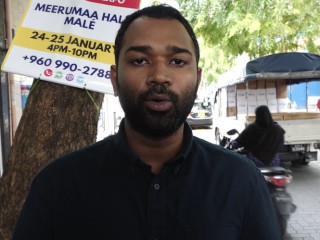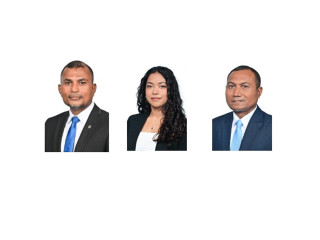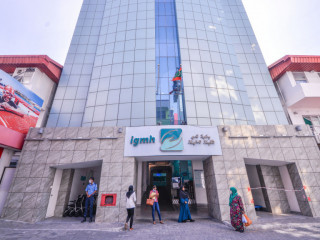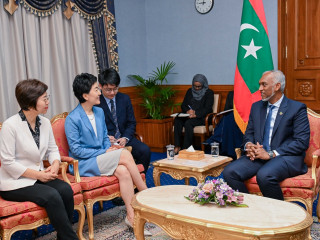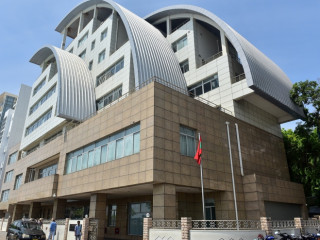Exactly a day before being sworn-in as the eighth president of Maldives, Dr. Mohamed Muizzu in an interview with Channel News Asia made it crystal clear that he does not believe Hamas’ war with Israel for the liberation of Palestine, should be linked to terrorism.
That day, Muizzu said that the efforts of Hamas to liberate innocent Palestinians from the harrowing grip of Israel should not be linked to terrorism under “any” circumstances.
The rising sun brought horrific news worldwide on Wednesday, which would render the entire globe silent. Ismail Haniyeh, who played a pivotal role in negotiations regarding a ceasefire in Gaza and was the political leader of Hamas, had been assassinated.
Haniyeh was slain mere hours after he attended the inauguration of Iran’s President Masoud Pezeshkian in Tehran.
It didn’t take long for the Maldivian leader to condemn the attack on former President of the United States of America Donald J. Trump when his ear was grazed after a gunman opened fire from a nearby building as Trump’s rally was proceeding.
Taking to social media platform ‘X’ shortly after the attack, Muizzu stressed that violence has no place in politics and that he strongly condemns all forms of violence “everywhere”.
While Muizzu has said that there is no place for violence in politics, the government has come under fire for the massive delay in banning Israeli passports, as Israel continues to inflict inhumane atrocities against the innocent people of Palestine.
Similarly, the very same day Haniyeh was assassinated, Muizzu offered a message of condolences to Prime Minister of neighboring India Narendra Modi, regarding the Wayanad landslides.
Muizzu expressed profound sorrow upon learning of the landslides and described the loss of lives, livelihoods and devastation caused by the disaster as an “unimaginable tragedy”.
By then, several countries had already condemned the assassination of the Hamas leader, while the government of Maldives maintained silence. Non-Muslim countries were among the countries that condemned the shocking assassination. Under which compulsion is the government hesitating to say a word at the very least?
This has paved the path for grave questions to arise, most importantly; why hasn’t Muizzu in the least condemned the assassination of the Hamas leader?
What happened to the statements Muizzu made in the early days of power in favor of Palestine, during his presidential campaign and even a day before he was sworn in?
The president’s actions today, seem to indicate that there was no sincerity in what he said in favor of Palestinians and has stirred criticism nationwide.
The people are claiming that the president’s statement and actions do not correspond, which is further backed by the fact that the government has failed to ban Israeli passports.
A hesitant Muizzu administration has forwarded the bill on banning Israeli passports to a parliamentary committee. It has been collecting dust for more than 50 days now.
However, our honorable leader has on multiple occasions said that the Maldives has been with Palestine since day one, in an attempt to mislead the people.
The incumbent administration claims to have an independent and sovereign foreign policy and it was one of things it was loudest about before coming into power.
Today however, we are observing the Maldives "compromising" its foreign policy for some unfathomable reason.
We are observing a terrified administration.
Where exactly is Muizzu’s independent foreign policy?
